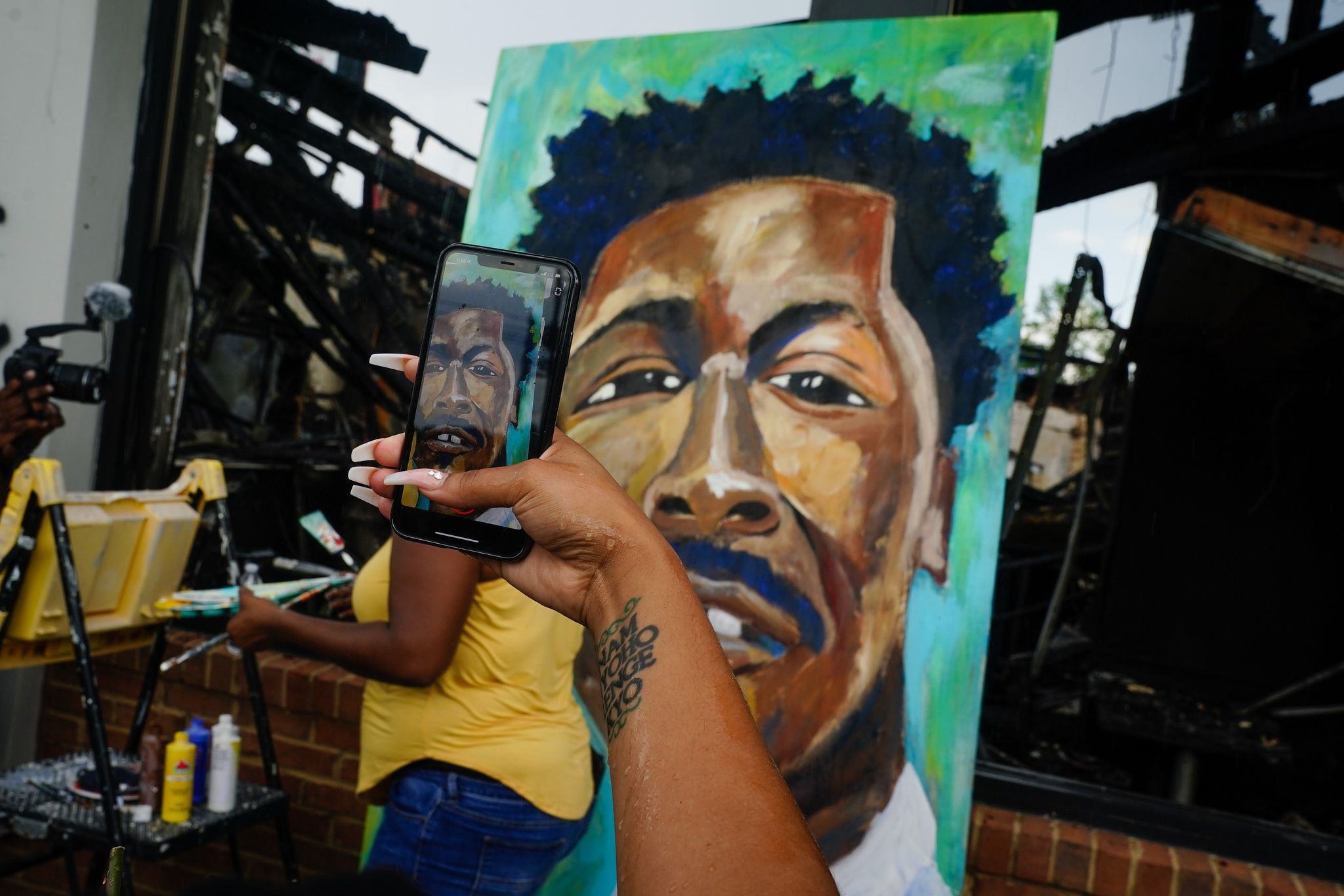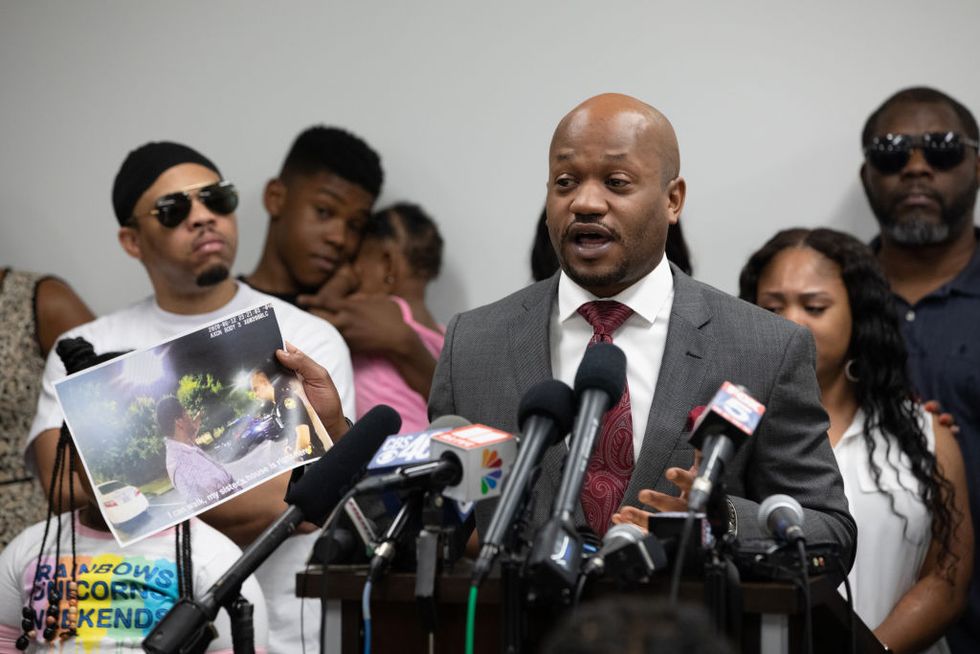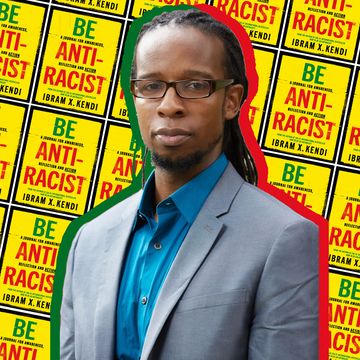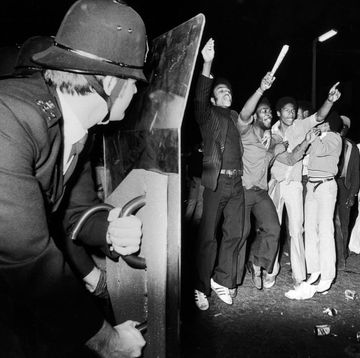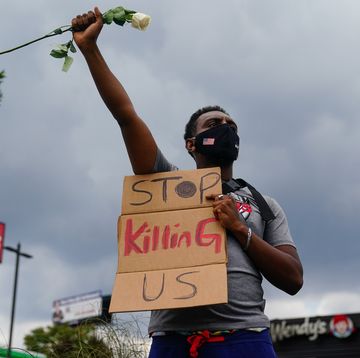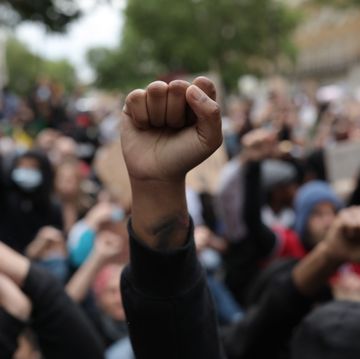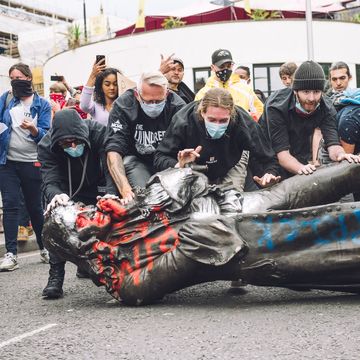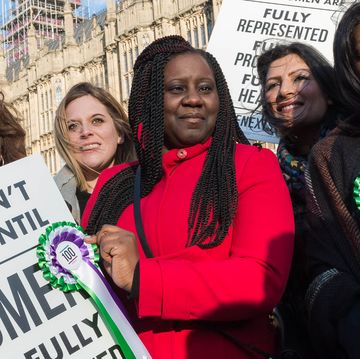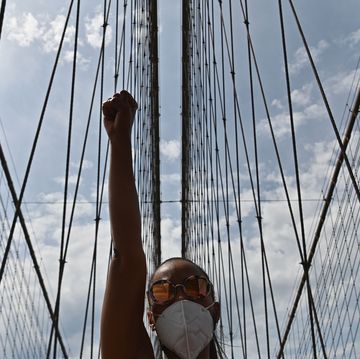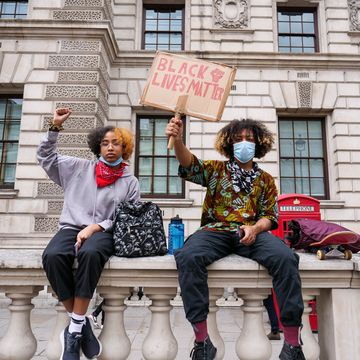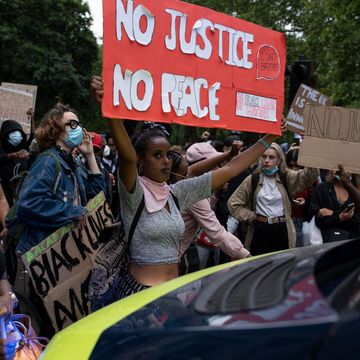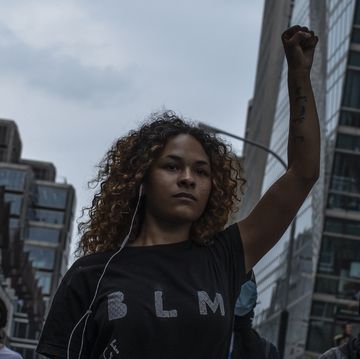We are currently living through one of the most pivotal, albeit stressful, moments to be a Black American in modern history. Thanks to the interconnectivity of the modern world through social media, this stress is having a detrimental effect on the mental health of Black individuals around the globe.
While George Floyd's death may have been the spark to reignite the Black Lives Matter movement within the US, it has also prompted many across the UK to take to the streets in solidarity and to combat the systemic racism and police brutality that permeates this country.
Sadly this isn't the first time we've witnessed the dying moments of African-Americans caught on camera. Footage of Tamir Rice, Alton Sterling, Eric Garner and Philando Castile murders have spread in ways that earlier incidents of police brutality and racial injustice, committed in the era before ubiquitous smartphones were there to capture and share them, never could. This witnessing has been instrumental in sparking action – confronted by video of Derek Chauvin choking the life out of George Floyd for almost nine minutes, authorities have been unable to bury his crime in departmental reviews or grand jury proceedings. Change, long overdue, has come.
But being confronted by those images has also caused long-term mental health damage to the global Black community. Research has long linked racism to a range of mental health disorders, but recent studies have shown that videos of racist attacks and police killings have caused increased psychological trauma and vicarious PTSD. While people of all races are susceptible to these disorders, Black people's high levels of exposure to news, videos and social media displaying acts of racism have led to a new generation of Black minds entering adulthood with trauma induced by the things they've seen happen to people who look like them. As clinical psychologist Dr Monica T Williams explains, these symptoms can range from increased anxiety to things like difficulty sleeping and inability to discuss one’s emotions.
While there are arguments for and against sharing such content, we must also be aware of the toll these videos are having on our mental state. The outrage from videos of George Floyd's final moments has sparked worldwide protests for change, but once the dust settles, we're still left with the haunting memories of his dying gasps for air.
Critics of the UK's Black Live Matter movement have been quick to call out demonstrators for protesting events happening thousands of miles away. However, even if you choose to ignore the long history of homegrown racism within this country, it's undeniable that Black Brits are still profoundly affected by the racism they witness on social media.
Whether it's the haunting footage of Met Police officer James Kiddie assaulting Sarah Reed in London, or Cleveland's police officers firing upon the then twelve-year-old Tamir Rice in Cleveland, the trauma is felt far from where these tragedies occur. One 2017 study, 'Vicarious Trauma, PTSD and Social Media', found that 20 per cent of people will show signs of PTSD and social anxiety disorder from viewing such videos online.
However, there are some ways you can combat trauma. Dr Williams notes that activism and working towards social justice can prove therapeutic for some. While she recommends taking time for yourself or speaking with loved ones, she stresses that these can only help so much. Battling trauma while under the pressure of centuries-old systems of oppression intended to weaken your mental state is not a game you're likely to win.
When actor John Boyega joined the Black Lives Matter protesters in Hyde Park, he tearfully exclaimed: "I need you to understand how painful it is to be reminded every day that your race means nothing." The pain he referenced isn't metaphorical – vicarious trauma is physically draining, mentally taxing, and Black British men are more likely to end up in police custody as a result of PTSD symptoms than receive the proactive care they need.
While there has long been stigmatisation of mental health disorders within the Black male community, we are fortunately seeing this decline over time. There are many causes for this historic stigmatisation, but the bottom line is that recovery must be our primary focus. For Dr Williams, speaking to mental health professionals – and ensuring they have a deep understanding of racism induced trauma – is vital to solve the underlying problems.
If the last few weeks have shown us anything, it's that it will take members of all races rallying together to enact change. While non-Black individuals may not share our trauma, we're closer than ever before thanks to our shared understanding that Black lives should matter.
Though it is still unclear how much structural change can be achieved as a result of these protests, it's important that Black communities make time for mental wellness. The road ahead is still so unclear, but a mind at peace is the best tool for wherever they may lead.
Like this article? Sign up to our newsletter to get more delivered straight to your inbox
Need some positivity right now? Subscribe to Esquire now for a hit of style, fitness, culture and advice from the experts
